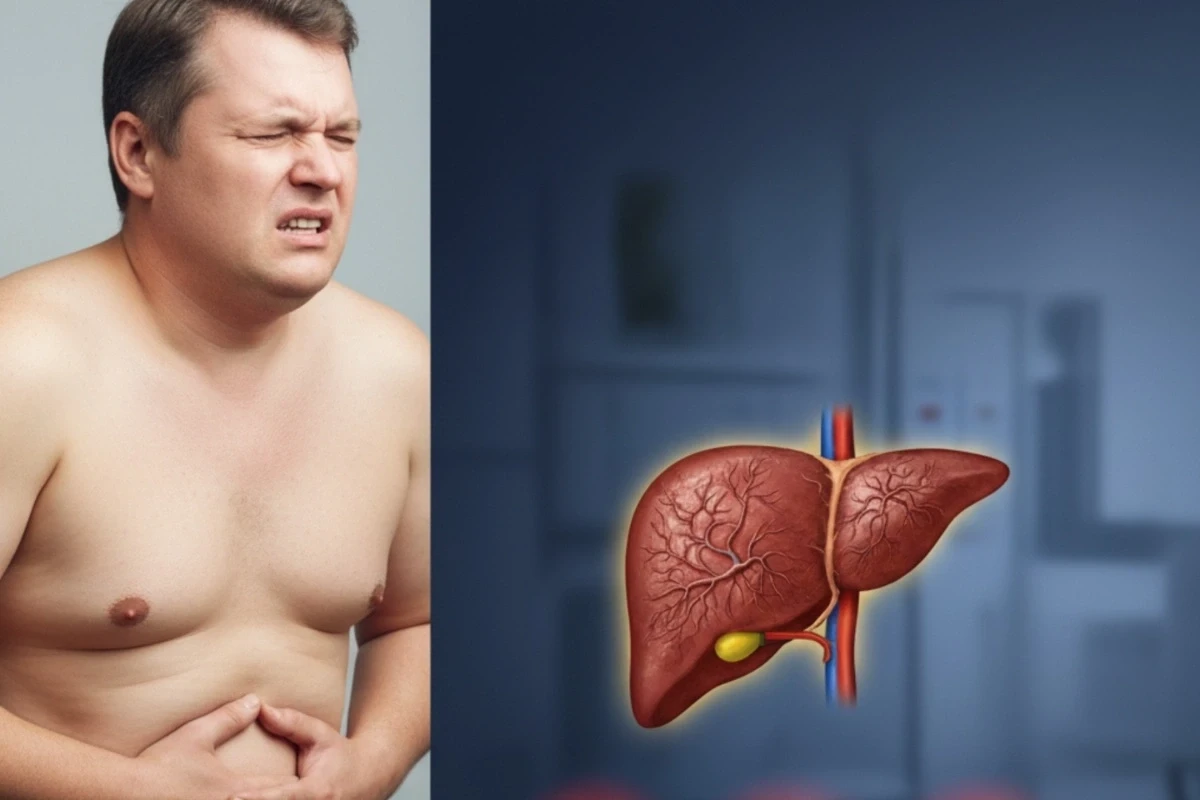Simply put, it happens when excess fat builds up in the liver. Over time, this can make the liver work less efficiently, silently damaging this vital organ. Most people feel fine at first, but ignoring early warning signs can lead to serious complications.
Dr KS Somasekhar Rao, who has over 4,000 followers on Instagram, shared an eye-opening video about fatty liver. In the clip, he explains how the condition often progresses quietly, but certain red flag symptoms signal that the liver’s health is worsening. He urges viewers not to ignore these signs and to seek medical help early for the best outcomes.
Check out he video here
Key Warning Signs Of Fatty Liver
According to Dr Rao, there are several symptoms everyone should watch for:
Extreme Fatigue: A struggling liver cannot filter toxins efficiently, leaving you constantly tired even after enough rest.
Unexplained Weight Loss: As liver damage advances, it can cause muscle loss and reduced appetite, making you lose weight without reason.
Swelling (Ascites): Fluid balance disruption can lead to noticeable swelling in the legs and abdomen, along with bloating.
Jaundice: Yellowing of the skin and eyes occurs when the liver cannot process bilirubin properly.
Persistent Nausea and Loss of Appetite: Damaged livers can trigger ongoing nausea, vomiting, and low hunger levels.
The Risks Of Ignoring Symptoms
Dr Rao warns that ignoring these warning signs is dangerous. Studies show that 20-30% of patients with untreated fatty liver can progress to cirrhosis, a stage of permanent liver damage that may ultimately result in liver failure. This makes early detection and medical attention crucial.
The doctor emphasises that timely check-ups can save lives. He also encourages viewers to share the information with friends or family members who may have fatty liver. He concludes by saying, “Awareness saves lives.”
Fatty liver might start silently, but its warning signs are there if you pay attention. Feeling unusually tired, losing weight without reason or noticing swelling or jaundice are not symptoms to ignore. Acting early could prevent serious, irreversible damage.
